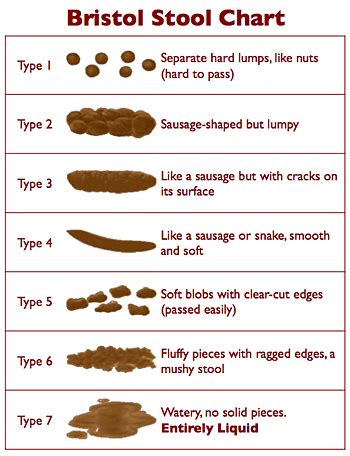How Often Should You Poop? A Guide to Healthy Bowel Movements
Going to the bathroom is a natural bodily function, yet many people struggle with irregular bowel movements. Understanding what's considered normal and identifying potential problems is crucial for maintaining good gut health. This guide will help you determine if your bowel habits fall within the healthy range and what to do if they don't.
What's Considered "Normal"?
There's no single magic number for how often you should poop. What's normal varies greatly from person to person. However, a healthy range generally falls between three times a day and three times a week. Anything outside this range doesn't automatically signal a problem, but it could be a sign that you need to pay attention to your diet and lifestyle.
Factors Influencing Bowel Frequency:
Several factors influence how often you have bowel movements, including:
- Diet: A diet high in fiber is crucial for regular bowel movements. Fiber adds bulk to your stool, making it easier to pass. Conversely, a low-fiber diet can lead to constipation.
- Hydration: Drinking enough water is essential for softening stool and preventing constipation. Dehydration makes stool harder to pass.
- Physical Activity: Regular exercise stimulates bowel movements.
- Stress: Stress can significantly impact your digestive system, leading to both constipation and diarrhea.
- Medications: Certain medications can cause constipation or diarrhea as a side effect.
- Underlying Medical Conditions: Conditions like irritable bowel syndrome (IBS), Crohn's disease, and hypothyroidism can affect bowel regularity.
Recognizing Signs of Irregular Bowel Movements:
While the frequency of bowel movements varies, pay attention to the consistency of your stool. The Bristol Stool Chart is a helpful tool to assess this. Ideally, your stool should be a type 3 or 4 – soft, easily passed sausages or smooth, soft stools.
Signs of irregularity that warrant attention include:
- Straining: Regular straining during bowel movements could indicate constipation.
- Hard stools: Hard, pebble-like stools are a clear sign of constipation.
- Loose or watery stools: Frequent loose or watery stools could indicate diarrhea.
- Incomplete evacuation: Feeling like you haven't completely emptied your bowels is another warning sign.
- Bloating and abdominal discomfort: These symptoms can accompany irregular bowel movements.
What to Do If You're Concerned:
If you're experiencing persistent irregularity, it's important to consult a doctor or gastroenterologist. They can help determine the underlying cause and recommend appropriate treatment. Self-treating can be dangerous, so professional medical advice is essential.
Simple Lifestyle Changes for Regularity:
Before seeking professional help, you can try making these simple changes:
- Increase your fiber intake: Add more fruits, vegetables, and whole grains to your diet.
- Drink plenty of water: Aim for at least eight glasses a day.
- Exercise regularly: Engage in at least 30 minutes of moderate-intensity exercise most days of the week.
- Manage stress: Practice relaxation techniques such as yoga, meditation, or deep breathing.
- Consider probiotics: Probiotics may help improve gut health and regularity. (Always consult a doctor before starting any new supplements.)
Conclusion:
Understanding your body's signals and maintaining a healthy lifestyle are key to achieving regular and comfortable bowel movements. While the frequency varies, paying attention to the consistency of your stool and addressing any persistent irregularities is crucial for maintaining good gut health. Remember, consulting a healthcare professional is always the best approach if you have concerns about your bowel habits.
